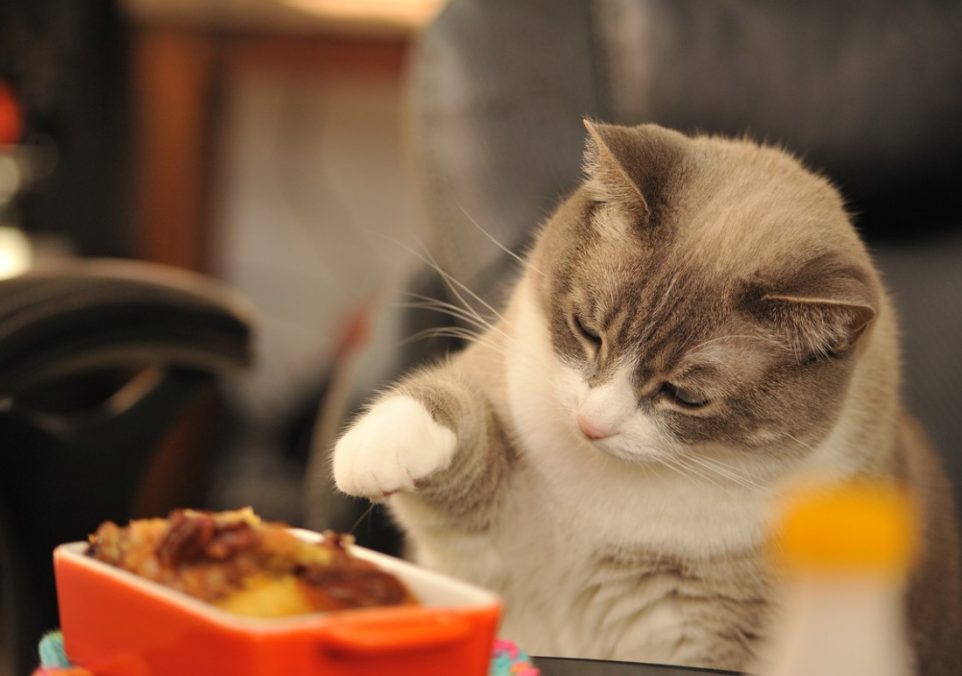Can Cats Eat Bacon? Here’s What Vets Say

Cats are known for their finicky eating habits, but something about bacon seems to pique their curiosity. If you’ve ever enjoyed a hearty breakfast with bacon, you might have noticed your feline friend eyeing that crispy, savory strip. But can cats eat bacon? Is it safe for them, or should you keep it far away from their whiskers? In this blog post, we’ll explore the world of cats and bacon and what veterinarians say about it.
When it comes to feeding your cat, it’s essential to maintain a consistent and balanced diet. Whether automatic or manual, cat feeders can be a useful tool for portion control and feeding schedules. These devices ensure that your cat receives the right amount of food at the appropriate times, helping to prevent overfeeding or underfeeding. Automatic feeders, in particular, are excellent for those with busy schedules, as they can dispense meals even when you’re not at home. Always monitor your cat’s weight and overall health to adjust their diet as necessary with the guidance of your veterinarian.
Can Cats Eat Bacon?
Like many human foods, Bacon is not a balanced diet for cats. Cats are obligate carnivores, which means their bodies require primarily animal-based proteins to thrive. While bacon is a meat product, it’s not a nutritionally complete source of protein for cats. It’s high in fat, salt, and often seasonings like garlic and onion, which can be toxic to cats in large quantities.
High Fat Content
One of the major issues with feeding your cat bacon is its high fat content. Cats, especially those that are less active or have certain health conditions, can suffer from digestive problems if they consume too much fat. Symptoms like diarrhea and vomiting are common after ingesting fatty foods like bacon. Over time, a diet high in saturated fats can lead to more serious health issues, including obesity and pancreatitis, which are painful and can be life-threatening.
Salt Overload
Bacon is also known for its high sodium content, which can be harmful to cats. Excessive salt intake can lead to sodium ion poisoning, which is characterized by symptoms such as increased thirst and urination, lethargy, and even neurological problems in severe cases. The kidneys of a cat can only handle so much salt, so regular consumption of salty foods like bacon can lead to long-term damage to the renal system.
Harmful Seasonings and Additives
Moreover, the seasonings often used in bacon, such as garlic and onion, are toxic to cats. Even small amounts of these can cause gastrointestinal distress, and over time, can lead to the breakdown of red blood cells, resulting in anemia. This condition can be difficult to treat and requires long-term veterinary care.
Consult Your Vet
Before introducing any new food into your cat’s diet, it’s always a good idea to consult with your veterinarian. They can provide guidance based on your cat’s specific dietary needs, health conditions, and any potential food sensitivities or allergies.
Can cats eat bacon? The answer is yes, but it comes with important caveats. While a tiny piece of plain, well-cooked bacon once in a blue moon won’t likely harm your cat, it’s far from an ideal treat for them. As a responsible pet owner, it’s best to prioritize your cat’s health and well-being by sticking to treats and foods specifically designed for their dietary needs.
Your Pet’s Best Interest, Always
At Pet Institute, we take pet care seriously. We're dedicated to transparency, impartiality, and the well-being of your pets in every article, review, and recommendation we provide. Our unwavering commitment to these principles ensures that you, our valued reader, always receive reliable and unbiased information. Let us be your trusted guide in the world of pet care and companionship.